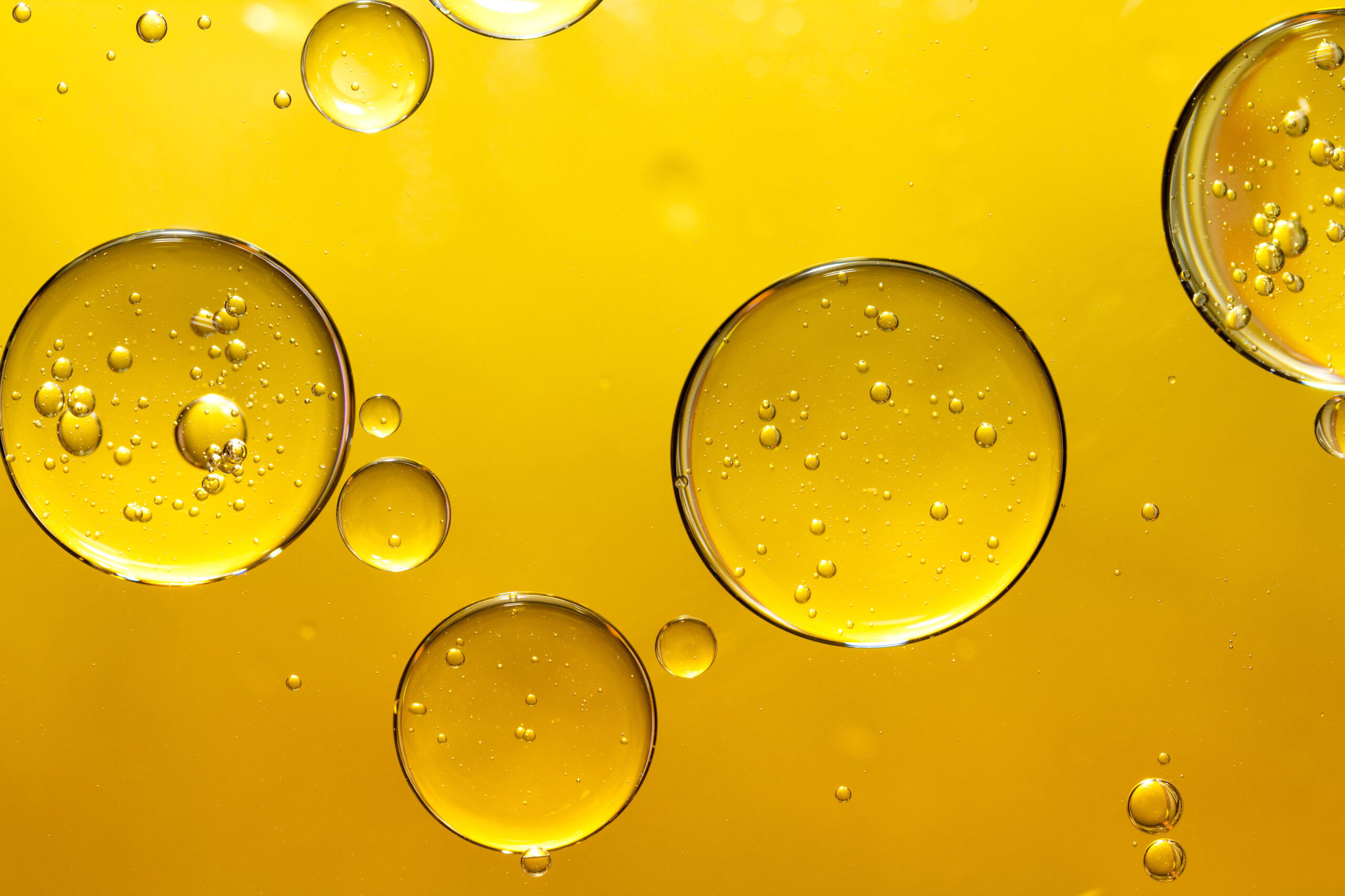Cooking oil is essential in home kitchens and commercial kitchens alike because it is used in a wide variety of cooking. In both situations, the one doing the cooking must deal with the issue of disposing or recycling the used cooking oil.
In homes, simply disposing of cooking oils down the drain is a bad idea because the oil will harden in the drain and cause a clog. In commercial kitchens, the large volume of cooking oil must be dealt with using proper equipment so that the used cooking oil is deposited into a holding tank.
It is very important to ensure that used cooking oil is collected and recycled properly to help protect the natural environment. Cooking oil that is allowed to enter the natural environment can cause problems, especially if it enters the municipal sewer system.
For those that cook at home, simply put your used cooking oil in a mason jar or something similar to avoid washing it down the drain. If you run a commercial kitchen, then you should work with a professional like Mahony Environmental to help manage your used cooking oil and provide cooking oil pickup and recycling services.
Collecting the used cooking oil is only half the battle. The next step is figuring out what to do with the used oil. Fortunately, used cooking oil can be repurposed in a number of different ways, from being used as a lubricant in your home to being made into renewable fuel in your car.
The following are 25 different uses for used cooking oil. Many of these uses are perfect for putting your used cooking oil at home to good use while advanced level reuse requires a professional to recycle and repurpose the oil.
- Household lubricant: Used cooking oil is an effective lubricant that can be used for many things around the house from squeaking hinges to troublesome locks. Used cooking oil also helps prevent rust on metal surfaces and objects such as tools.
- Key lock lubricant: If your key regularly sticks in the locks in your home, spreading some cooking oil on your key will prevent it from sticking. You can also use cooking oil to clean built up gunk inside the lock.
- Lamp oil: If you have an oil lamp in your home, you can use your used cooking oil to fuel the lamp.
- Furniture polish and conditioner: If you have wood furniture in your home that looks dull or scratched, used cooking oil can be used to polish and restore the look of the wood. Make a mixture that is equal parts used cooking oil and distilled white vinegar and use it to polish your wood furniture.
- Leather preservative: Used cooking oil can also be used to soften and preserve your leather furniture. Simply rub it into the leather and allow it to dry but be careful not to use too much or the leather will be greasy.
- Rattan and wicker furniture protector: Rattan and wicker furniture is vulnerable to cracking. Rubbing some used cooking oil onto the surface of rattan and wicker furniture with a soft cloth will help keep it protected from cracks.
- Removing paint from your hands: Paint is one of the hardest things to wash off if it gets on your hands. You can remove paint from your hands easier with used oil. Rub some used oil on your hands and let it sit for 5 minutes, then wash your hands with soapy water and the paint will come off.
- Removing splinters: If you have a splinter, soak it in oil for 5-10 minutes. This will soften the skin and make it easier to remove the splinter.
- Soap making: Lye soaps can be made using used cooking oils. There are instructions available online as well as books about how to make lye soap if you are interested in soap making.
- Herbal salve and lip balm making: Cooking oil can be used as a binding agent for herbal salves and lip balm.
- Hair moisturizer: Used vegetable oil can by used to condition and moisturize your hair. Heat up half a cup of oil so it is about room temperature and massage it into your hair. Let it soak into your hair for about 15 minutes. Shampoo and rinse your hair to remove the oil.
- Skin moisturizer: Cooking oil is great for moisturizing dry and cracked skin. Rub some oil onto the dry areas of skin and allow it to soak in for softer, smoother skin.
- Pot and pan protector: Rubbing some used cooking oil on the surface of new pots and pans can help keep them protected from rust and scratches. Wash your new pots and pans before you use them and rub some used oil on the surface.
- Cast iron seasoning: You can season cast iron cookware by rubbing the cookware with a light layer of cooking oil and seasoning it over a heat source.
- Prevent sticking in measuring cups: You can prevent ingredients such as honey and molasses from sticking to measuring cups by rubbing a pinch of cooking oil on the inside of the cups. This will allow sticky ingredients to slide out easier.
- Unstick Glasses: Stacking glass or plastic drinking glasses may sometimes cause them to stick together. You can safely and easily unstick the glasses by dripping oil around the rim of the lower glass.
- Label removal: You can easily remove stuck on labels from glass jars by soaking them in cooking oil for 10 minutes. The labels should slide off easily without leaving sticky residue on the glass.
- Opening jars: The lids of glass jars can be difficult to open if they are screwed on too tight. Putting some cooking oil around the rim of the jar makes them easier to open.
- Non-stick gardening tools: Soil and grass can stick to gardening tools like shovels, trowels, and lawnmower blades. Coating these tools with used cooking oil will prevent grass and dirt from sticking to them.
- Plant protector: You can protect your plants from troublesome insects like scale bugs by spraying them with a mixture of ½ of a cup of water and 1 cup of vegetable oil. The oil in the mixture suffocates the bugs.
- Car cleaner: Used cooking oil can be used to remove tough dirt and debris from any surface of your car including the brakes and the body. Put a little bit of cooking oil on a rag or paper towel and wipe the affected areas. Used cooking oil can effectively remove dirt, grime, pollen, bugs, and other gunk. You can also lube the brakes and other mechanical parts with used cooking oil.
- Gun cleaner: Cooking oil can be used in place of gun oil to clean guns and magazines. Make sure to use the oil lightly as using too much will cause dripping and make a mess.
- Composting: If you have a compost pile, adding used vegetable oil to the pile can help. Adding small amounts of used vegetable oil will feed the worms that help with the composting process. Make sure you only use vegetable oil because animal-based oils will attract nuisance animals and cause pathogens to form.
- Animal feed: Used cooking oil can be used as animal feed in a number of different ways. You can drizzle some used oil on the food for your dog or cat which will improve the taste for them and keep their coats shiny. You can also mix some oil in with the bird seed in your bird feeder.
- Renewable diesel: Used cooking oil can be used to produce renewable fuels including renewable diesel once it has been processed. This is typically best done by professionals who can process the oil for renewable fuel production.
There are so many effective uses for used fryer oil, whether it is animal-based or vegetable oil, which makes it one of the most reusable products in your home. The one thing you should never do with used cooking oil is dispose of it by putting it in the trash or washing it down the drain. In home kitchens, you can make this adjustment very easily by saving your cooking oil in a jar and using it for these various alternative uses.
If you run a commercial kitchen, you need to have an entire oil management system in place to manage to use of fresh cooking oil and the removal of used cooking oil. At Mahoney Environmental, our professionals can design and install cooking oil systems that will streamline or automate the handling of the cooking oil.
We also offer used cooking oil pickup and recycling services to regularly remove the used cooking oil from your establishment and take it back to our facility where it can be processed and recycled to produce renewable diesel and sustainable aviation fuel (SAF).



 Call Us Now (800) 892-9392
Call Us Now (800) 892-9392